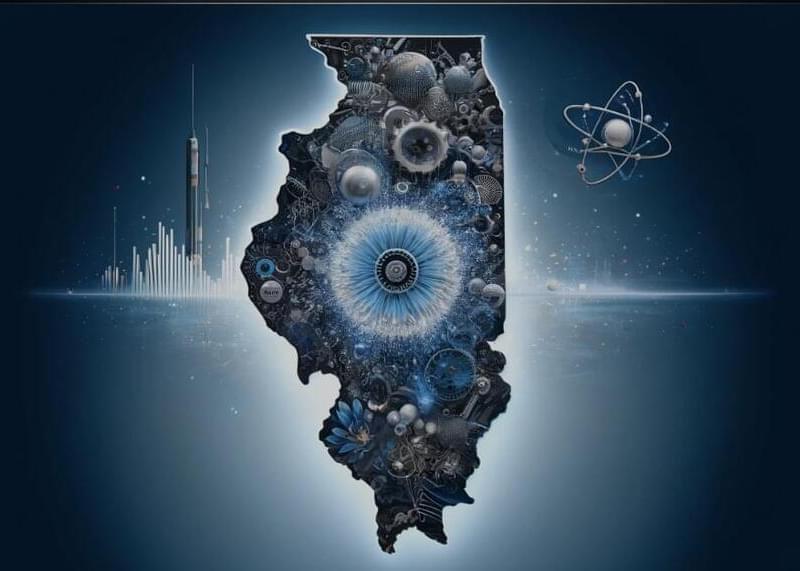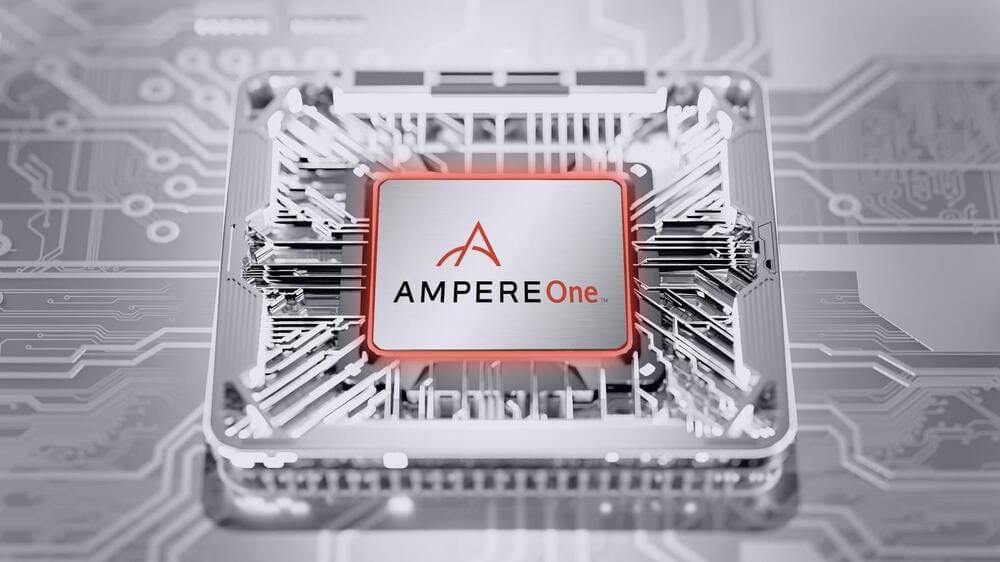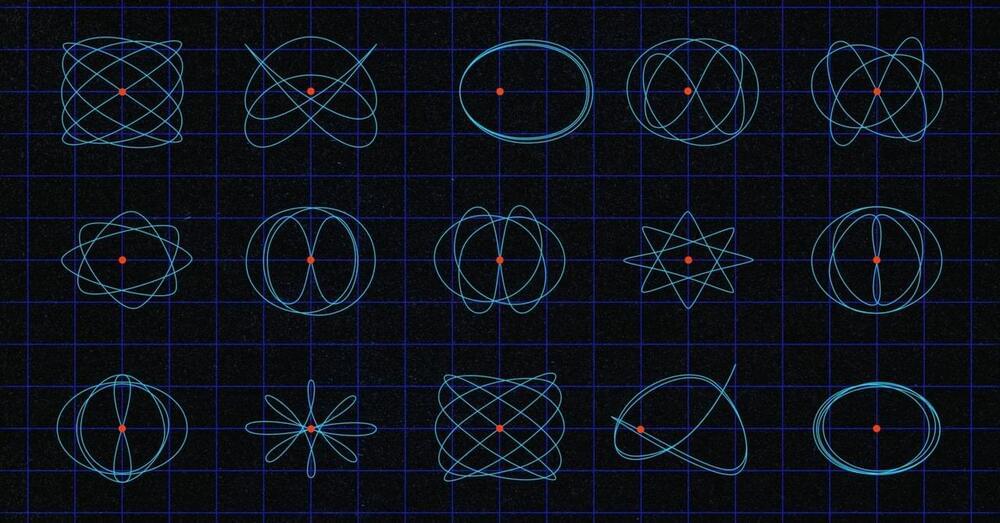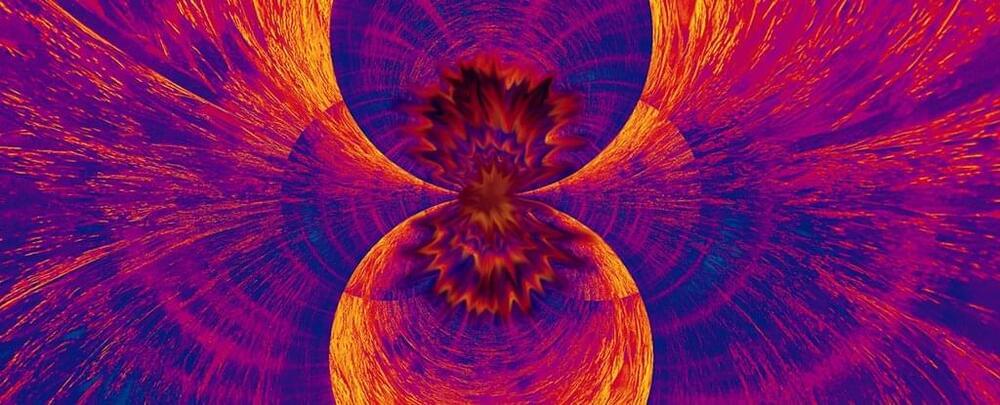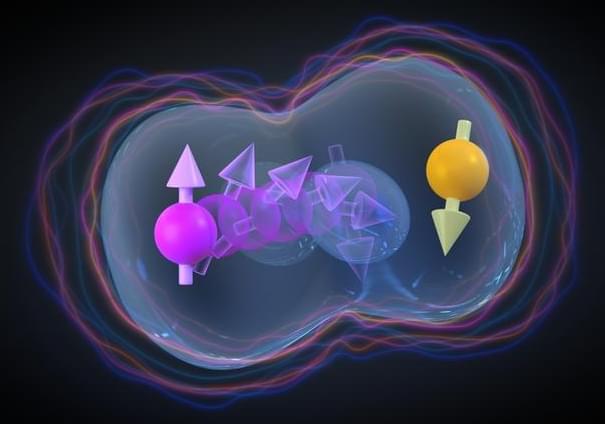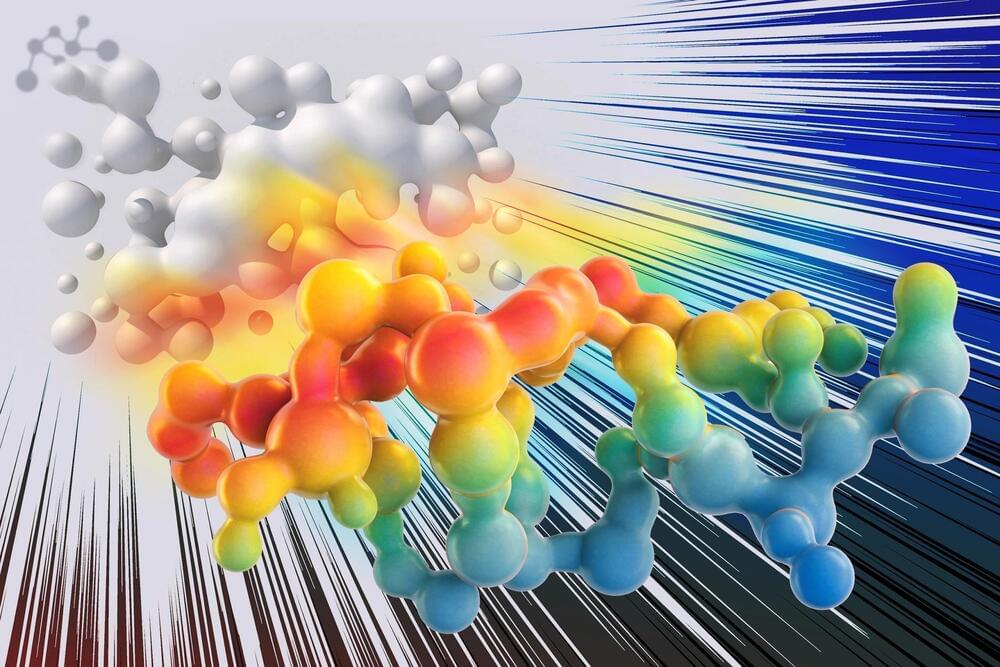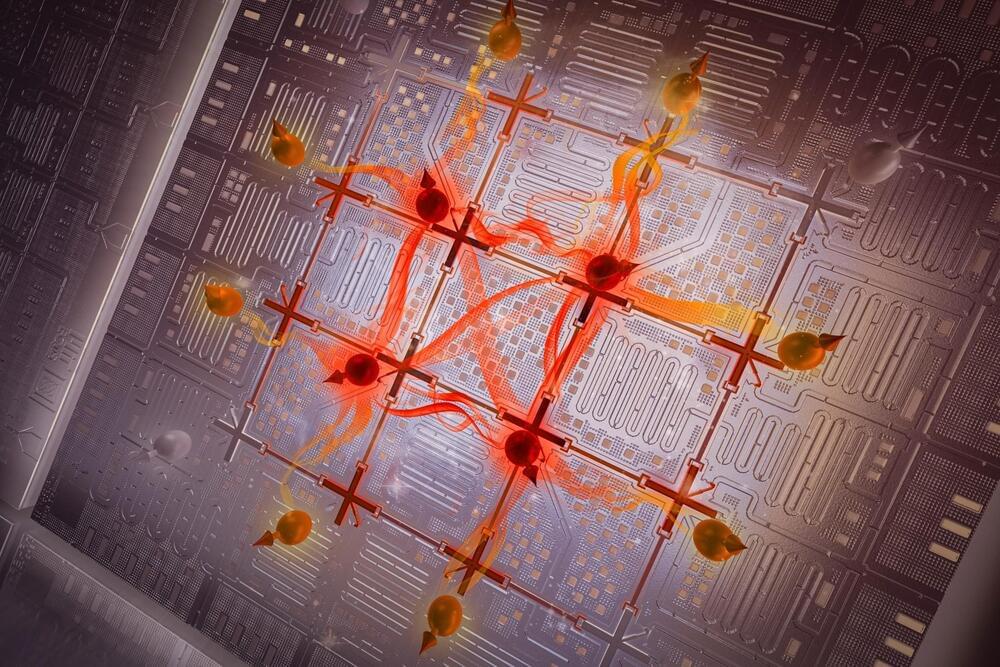Illinois may be on the verge of securing the largest technology project in its history—what is being labeled a “$20 billion, 150-acre quantum computing campus,” potentially anchored by Silicon Valley startup PsiQuantum, according to Crain’s Chicago Business. PsiQuantum, hot off an announcement that its receiving $600 million to build a manufacturing site in Australia, is reportedly considering two Chicago-area locations for the project, the business journal reports.
The proposed sites, the former U.S. Steel plant on the South Side and the former Texaco refinery in Lockport, are both under final review, with a decision expected soon. This initiative is part of a broader vision by Governor J.B. Pritzker’s administration, which pundits are referring to a modern-day Manhattan Project, to position Illinois as a leader quantum computing.
Quantum computing leverages the principles of quantum mechanics to process information much faster than classical machines for certain computational problems. Quantum devices could potentially transform everything from cancer research to climate modeling. PsiQuantum aims to use a photonic quantum approach to develop a fault-tolerant quantum computer that could be commercially viable.
